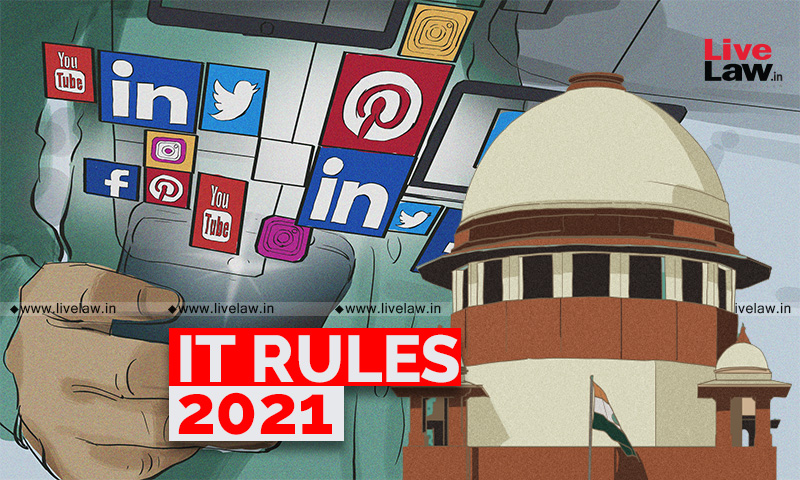
For over a hundred and fifty years, from 1850 to 2013, India had a telegraph service- one that many would remember before the age phones became cheap and ubiquitous. Under the British Raj, telegraph offices were set up, and trans-country services were run. While unrest and opposition to the colonial government had already existed, it was by 1857 that the colonial government faced a striking blow- in the 'first' major uprising and mutiny recorded as the First War of Independence. As the mutinies and rebellions continued, in 1885 the colonial government passed a legislation, the India Telegraph Act- because quickly transmitting information, and intercepting rebels' communications was key to holding power over the subcontinent. The act authorised law agencies to intercept communications in cases where they deem it necessary.
We talked about this history because the government has drafted a new bill, the India Telecommunications Bill 2022, to replace this act that dates back to the colonial times. And where one would think this would have been a great opportunity for a government to change the problematic parts of the act that persist from the British Raj, like incorporating recent judgements on privacy- those in charge have done exactly the opposite.
To run through some of the most important changes the new draft bill brings:
The most major attempt at content regulation can be seen in the addition of OTT services and platforms to the ambit of the Bill- the scope of surveillance expands now to over the top communication services like WhatsApp, Telegram or Signal, which otherwise ensured privacy practices like encrypting messages end to end. Encryption of messages will now be legally undermined, forcing these platforms to decrypt contents and metadata. As we had covered earlier in our TypeRight, such attempts were also seen in last year's amendment of the IT rules.
TRAI, the existing authority that regulates telecommunications, while being government ordained, still remained an independent body. The new bill will see these powers de facto transferred to the government, removing TRAI's statutory powers.
But more importantly, the draft bill also gives sweeping powers to the government to suspend internet, something which was until now somewhat vague. To put this in perspective, even with these unclear legislations, India witnessed 182 internet shutdowns.
Recently, the Supreme court had agreed to hear a petition filed by our friends at sflc.in - and issued a notice to the central government regarding the same.
While Net Neutrality and privacy legislation were hard-fought and won rights, the data protection bill that has been drafted still remains mostly toothless, especially in relation to other laws like Europe's GDPR.
For a more detailed take, head over to the Internet Freedom Foundation's page, where they have dissected the bill:
The bill is still open to comments, so we encourage all our readers to go through the bill, and email the Department of Telecom regarding the concerns we have, here.
Updates from DEF activities on ground
From the community meetings held by our Smartpur team:
Some updates on extended deadlines for various Awards DEF is organising:
We are also happy to announce that our Founder-Director Osama Manzar is part of the Grand Jury for the 2022 Agami Prize:
Here's some coverage on DEF's story and evolution as we reach twenty years of serving and connecting communities:
Do follow our monthly newsletter, Digital Footprints, in addition to our TypeRight blog:
Don't forget to register for the remaining series of CNX, the fourth of which just happened on the 29th of September. You can also watch it later in our Youtube Channel or CNXapac.org. The last CNX, the Community Network Xchange series of episodes will take place on 29th October, 2022.

























 might be?](https://sk0.blr1.cdn.digitaloceanspaces.com/sites/1394/posts/714526/dbc8de4c-5c50-411f-aba0-55cfb74a692d.jpeg)

Write a comment ...